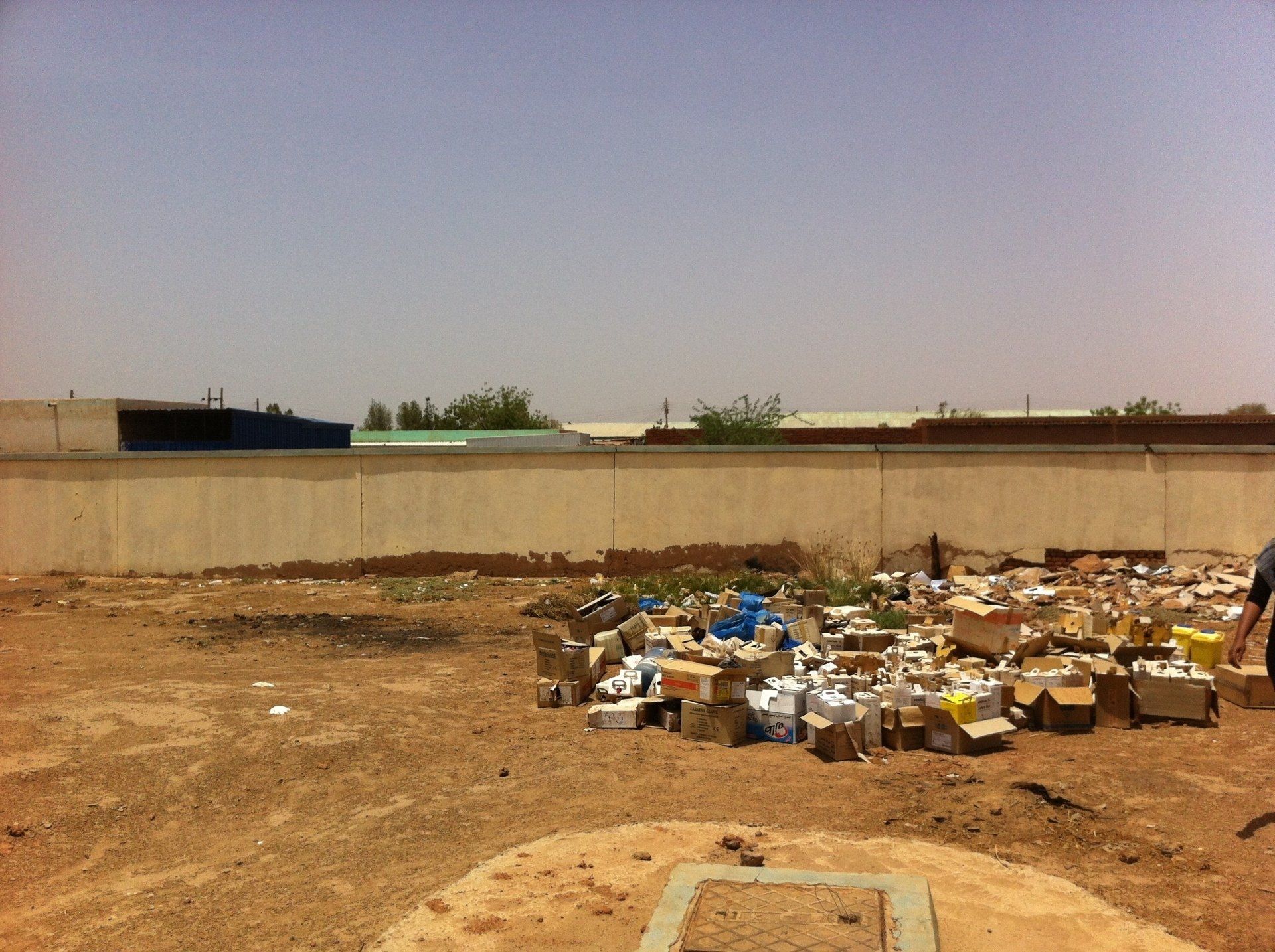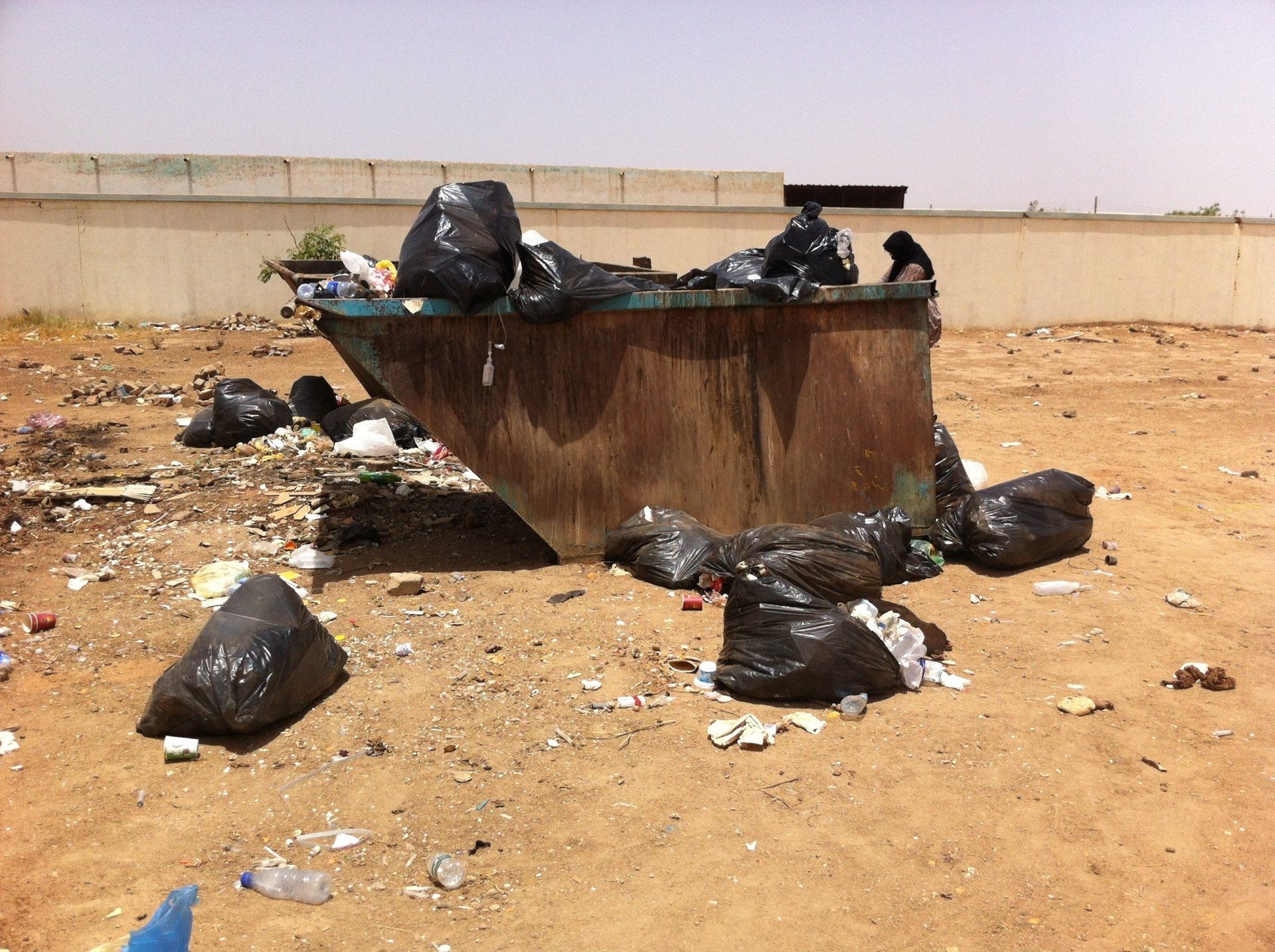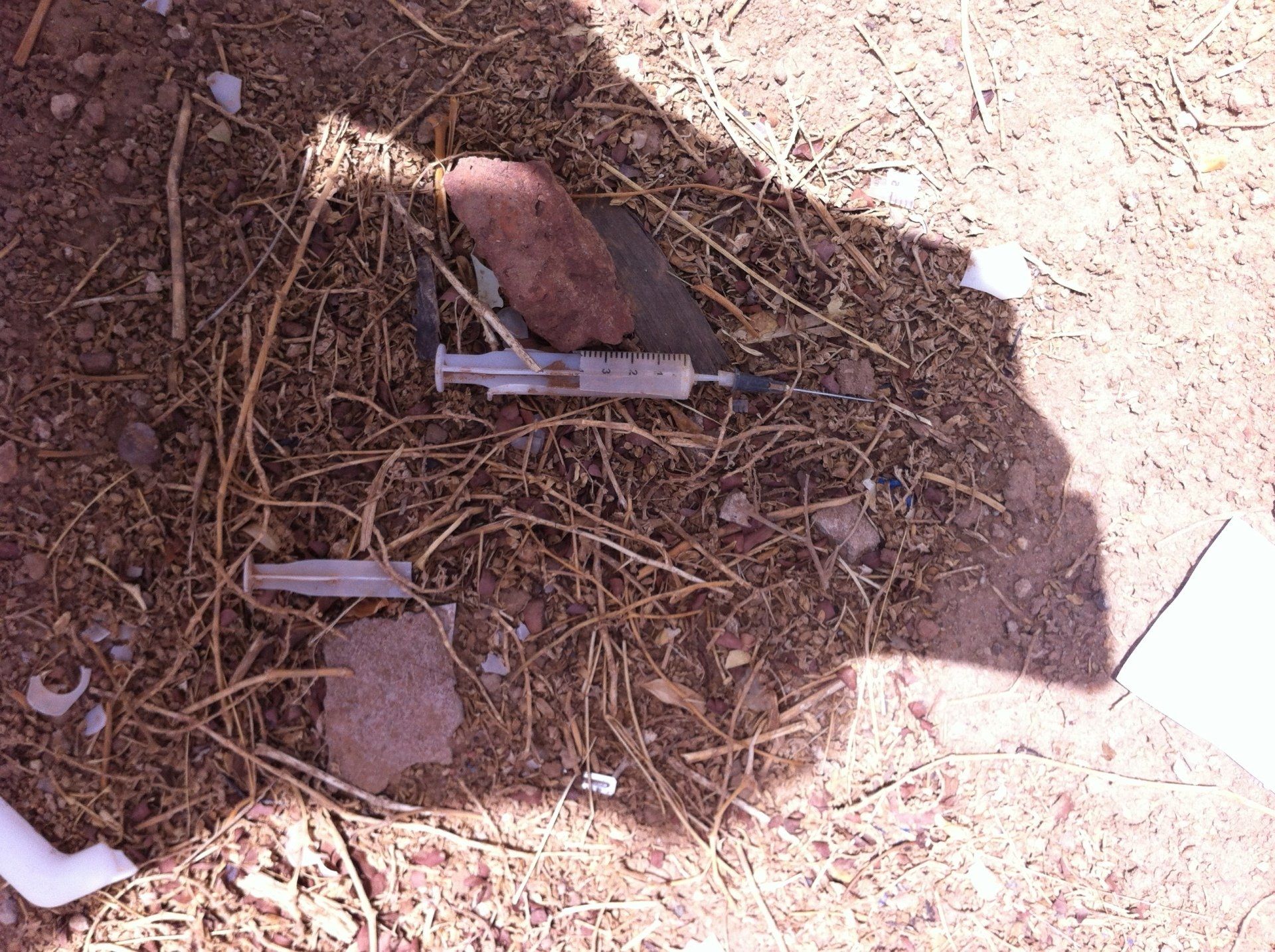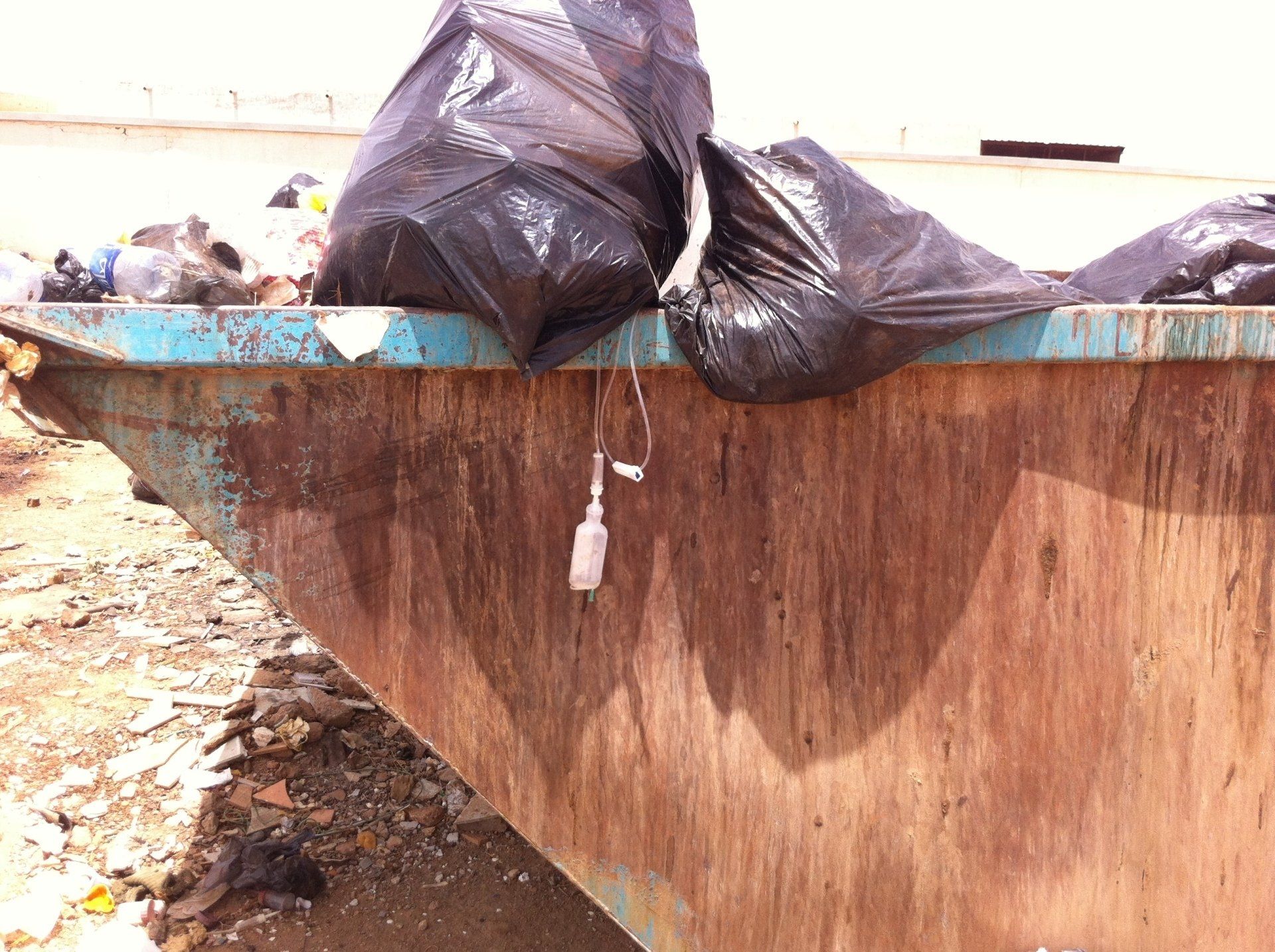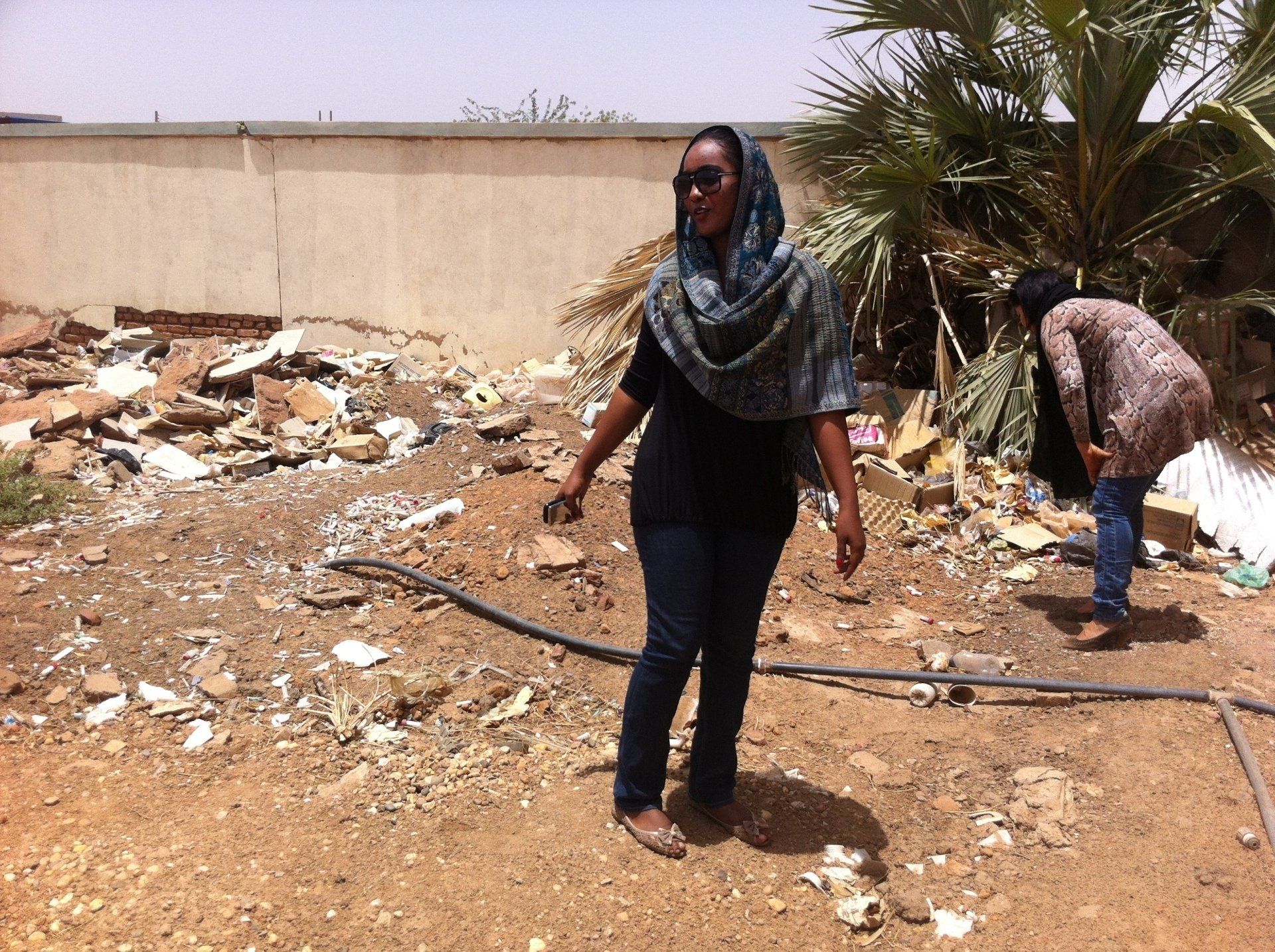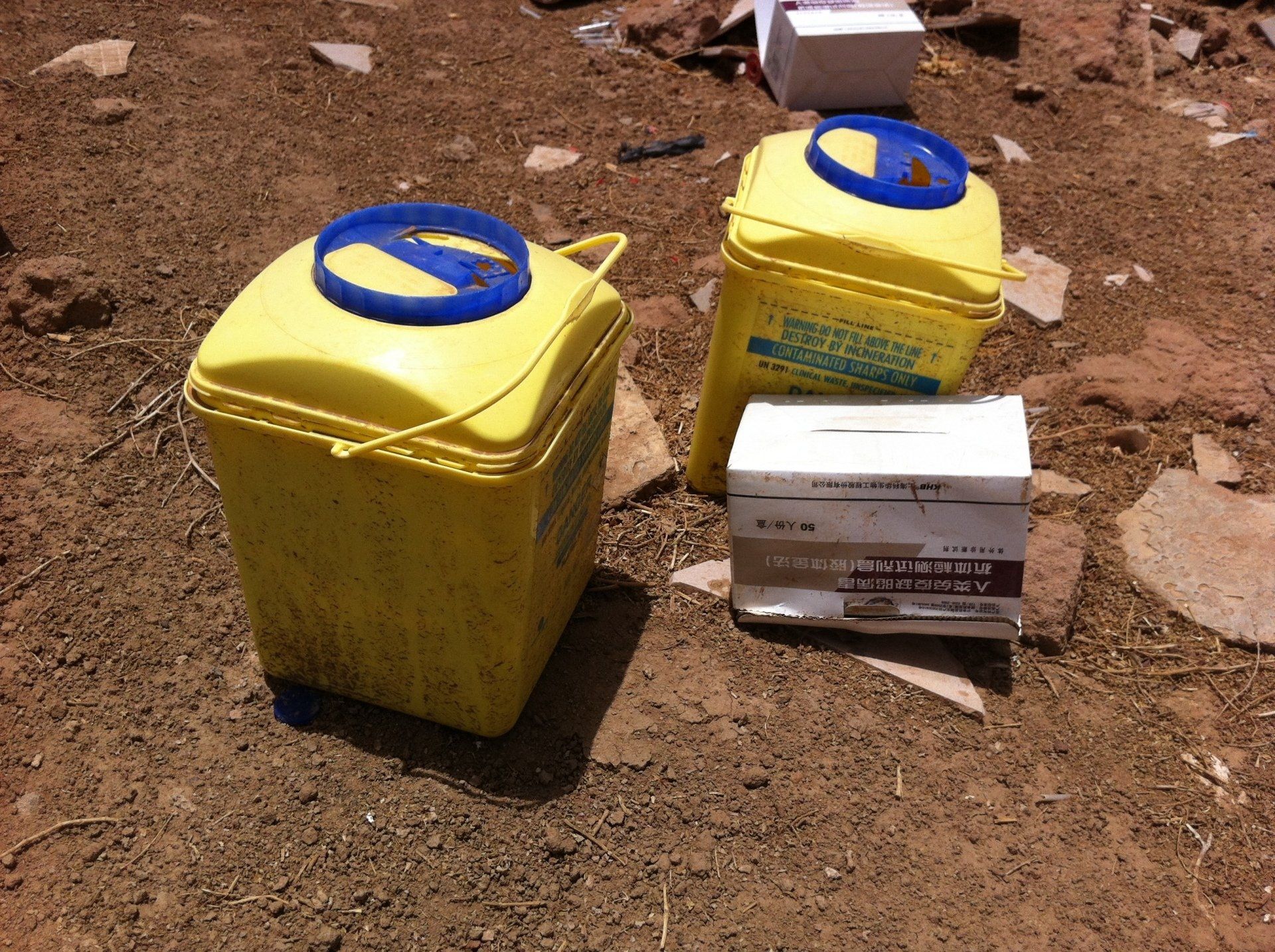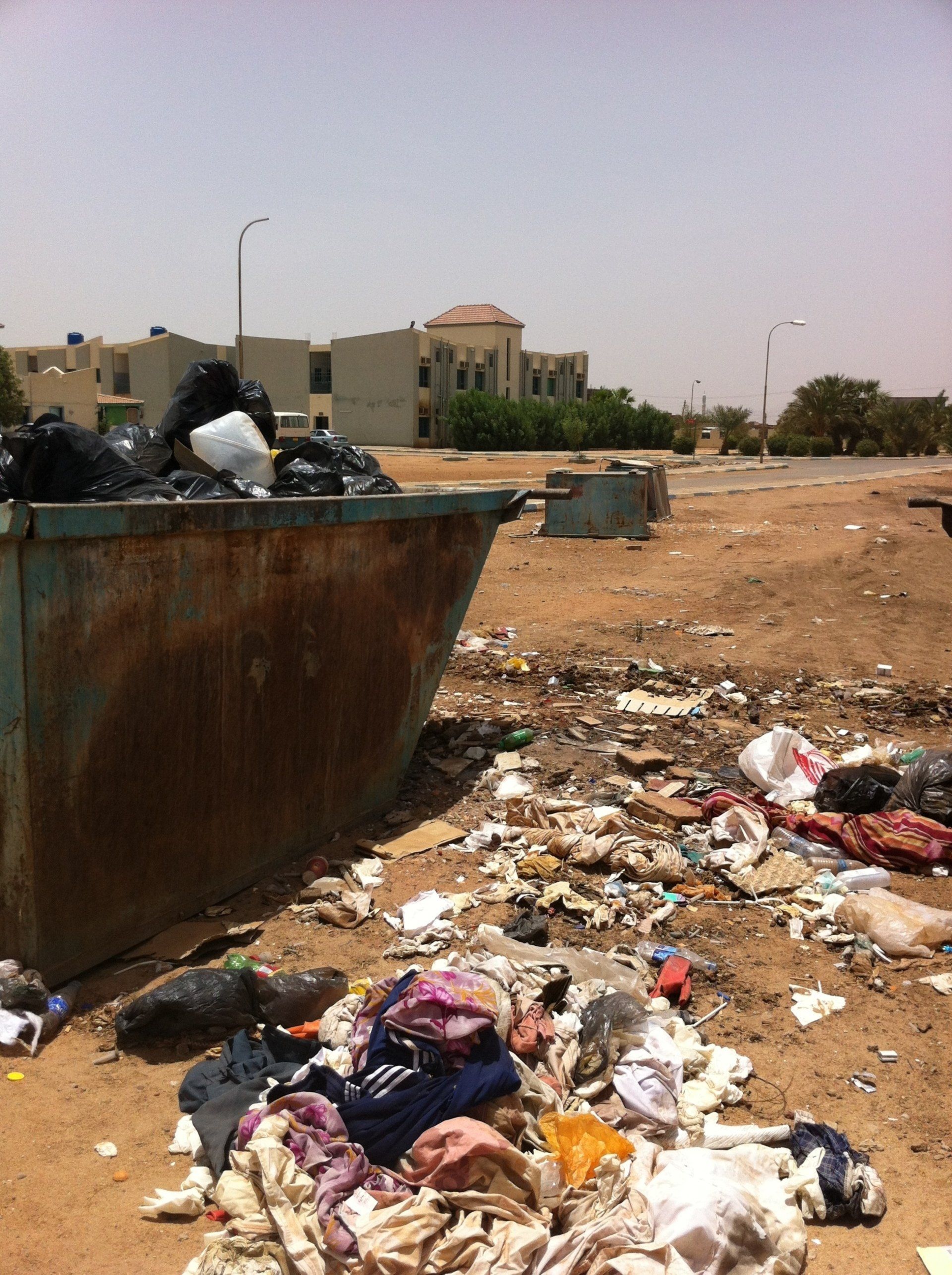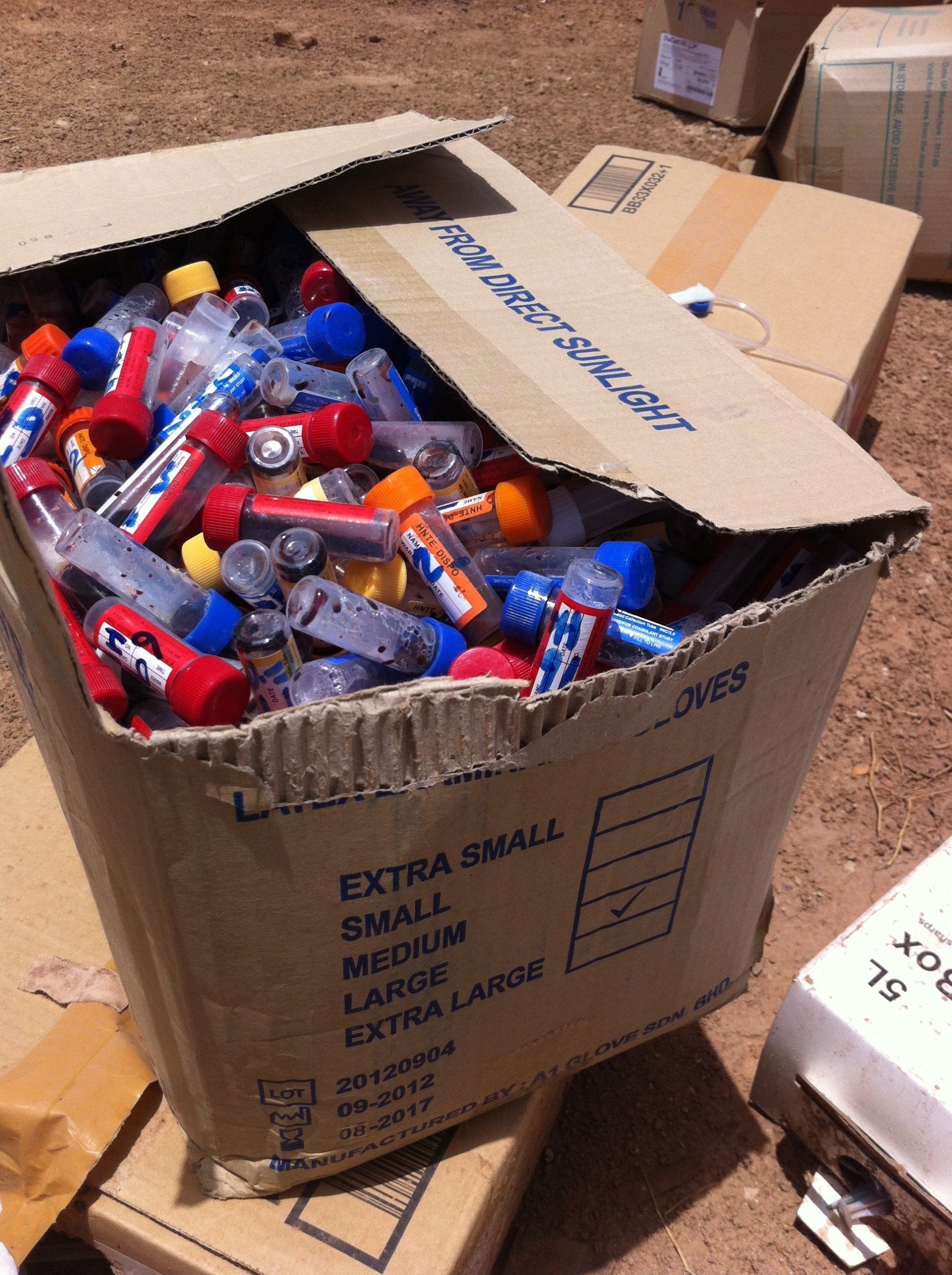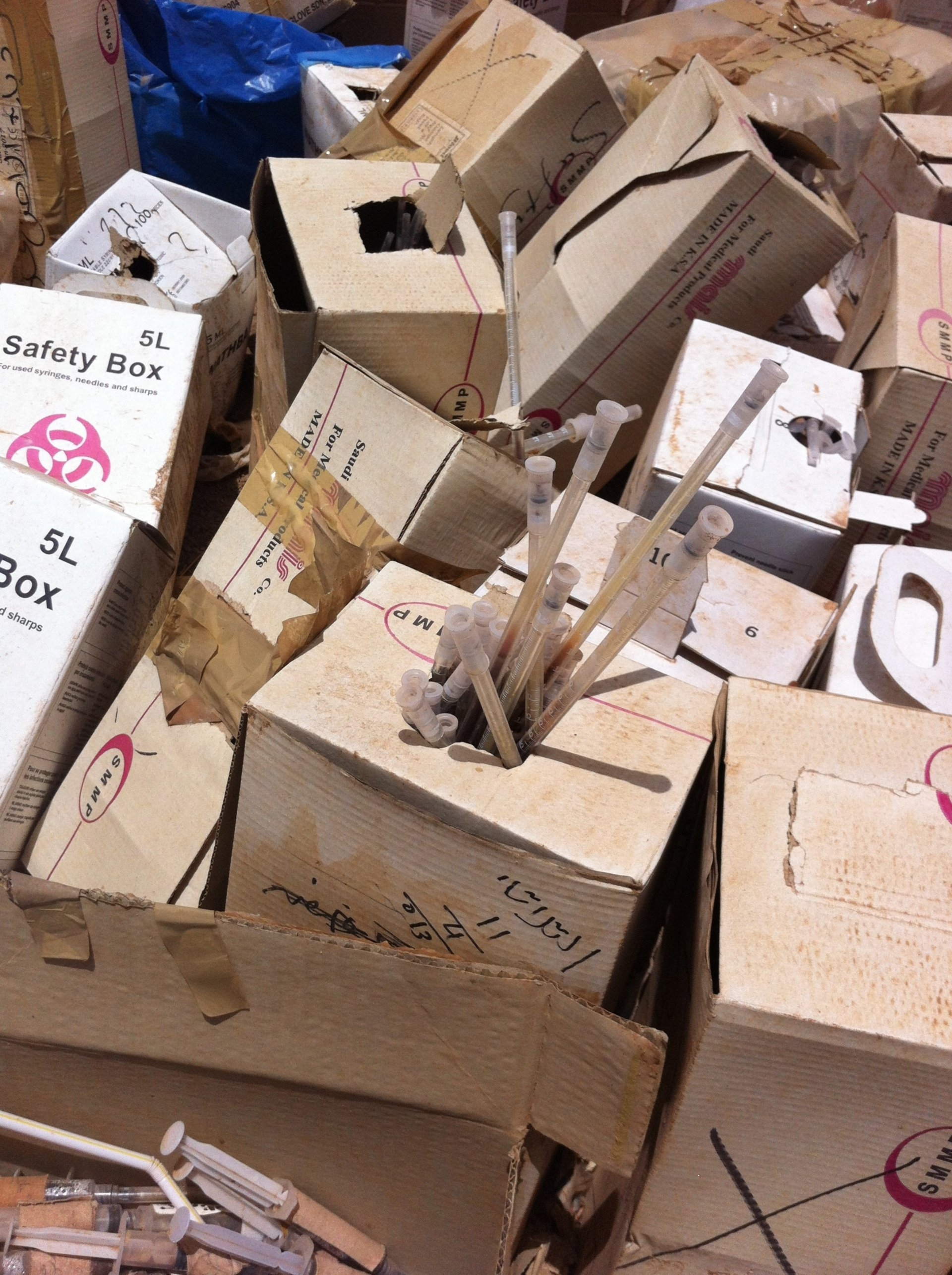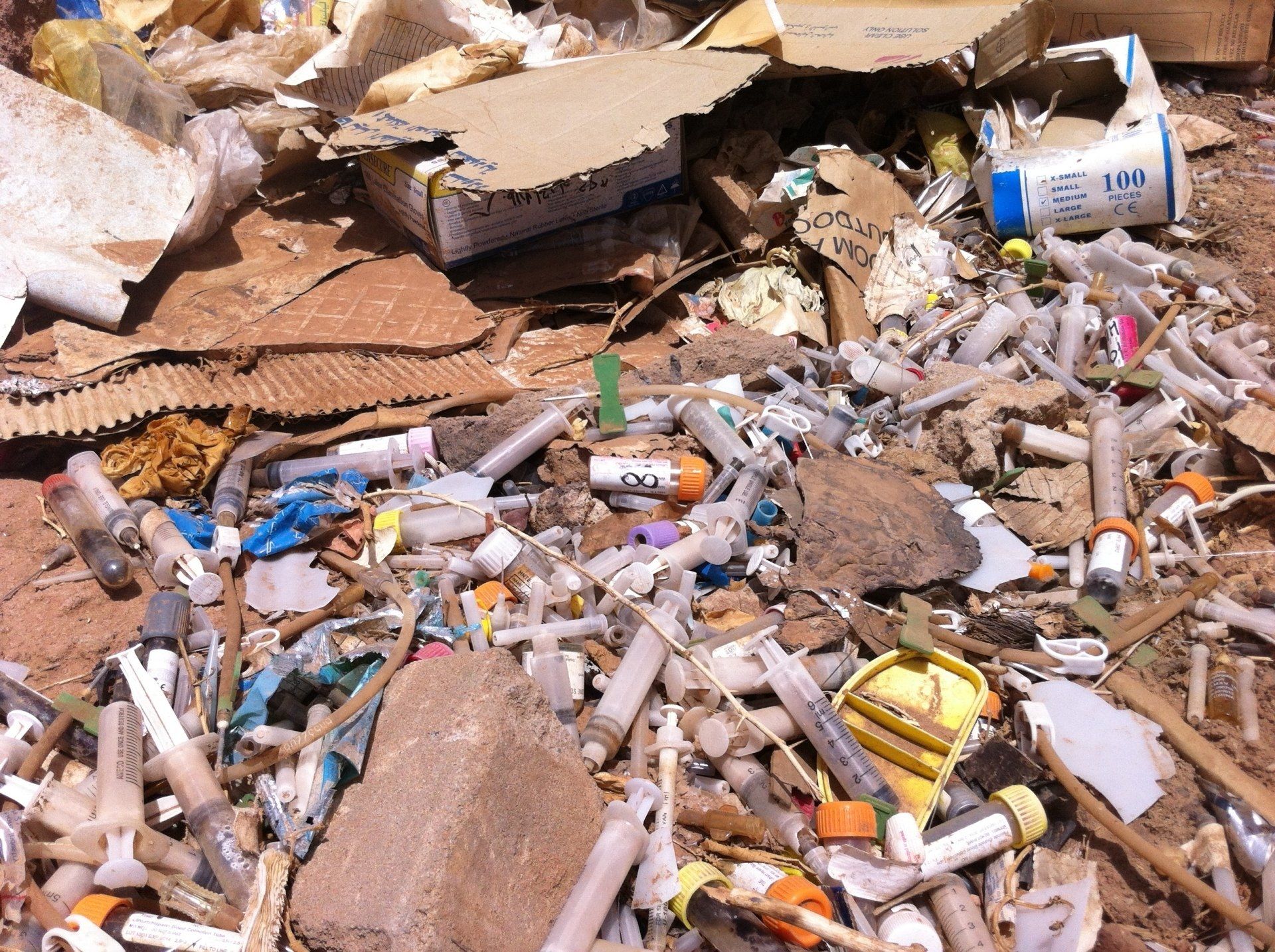Incineration of Hospital waste
The partners will establish the first Collection and Incineration of medical (bio-hazardous) waste project in the country. The pilot will be done in Khartoum.
Innovation
Completely new. Currently, all hospital waste is dumped alongside roads or burned together with normal household waste. There is no professional collection and treatment of medical waste in all of Sudan.
This project will not compete with any existing company in Sudan. No company in Sudan collects hospital waste. Although the law requires hospitals to responsibly discard their waste and have it burned, this law is not enforced in practice and thus not executed. The problem is that there is no existing solution to this problem in the country as yet. Kaiman INA will be the first one to introduce this solution on the market in Sudan. Therefore the partners are certain that no market distortion nor any competition for existing companies is the case.
The partners will establish a Medical Waste Collection System and Incinerator Facility in Khartoum. It will collect medical waste from private and public hospitals and health clinics and install 3 incinerators on strategic locations within the Khartoum city limits. We will also have one mobile unit. The mobile unit is on a trailer and can be moved around towed by a truck or tractor.
Khartoum consists of 3 main areas (khartoum, khartoum north and Omdurman) linked by 3 bridges: divided by the blue and white river Niles. We will install 1 large unit in Karthoum and the other 2 small incinerators in Khartoum North and Omdurman. The mobile unit will be moving back and forth between Khartoum north and Omdurman.
Slide title
Write your caption hereButton
Medical waste is dumped next to the hospital.
Medical waste includes, medication, body parts, blood and anything else you can think of produced by any hospital. It is dumped next to the hospital and picked up by regular carbage collection. The garbage collectors do this by hand without any protective gear. Unfortunately this project was canceled due to technical problems with the incinerators, the political turnmoil and then COVID. The partners will try to initiate a new attempt once the situation is more favorable.

